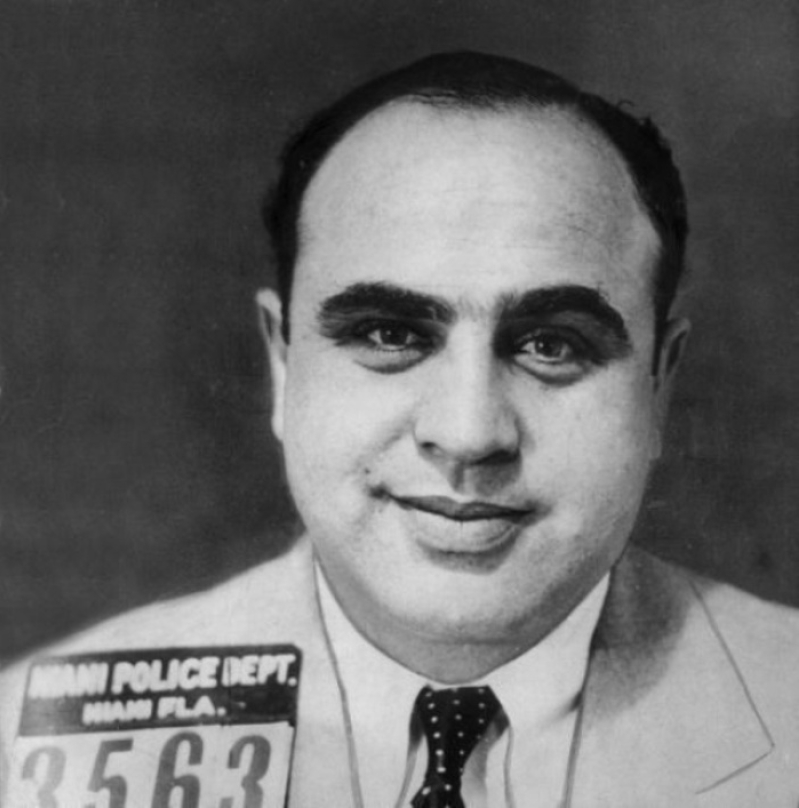
An intimate letter that Prohibition-era, Chicago gangster Al Capone wrote while imprisoned at Alcatraz just sold at an auction in Massachusetts for $62,500. The three-page letter was addressed to Capone's son, Albert "Sonny" Capone, and ends with affectionate encouragement and one of many references to the family's Catholic faith.
Boston-based RR Auction shared the winning bid came Monday at an auction in Cambridge. RR Auction specializes in rare documents, manuscripts, autographs and historic artifacts, which are examined by in-house experts and third-party authenticators.
The buyer of the Capone letter is a collector from the Chicago area who wishes to remain anonymous. Auctioneers had expected it to fetch around $50,000.
The Capone family immigrated to the United States, first from Italy to Fiume, Austria-Hungary (present day Rijeka, Croatia) in 1893, traveling on a ship to the U.S., and finally settling at 95 Navy Street, in the Navy Yard section of downtown Brooklyn. Capone's father, Gabriele, worked at a nearby barber shop at 29 Park Avenue. When Al was 11, the Capone family moved to Park Slope, Brooklyn. The young Capone at first showed promise as a student, but had trouble with the rules at his strict parochial Catholic school. His schooling ended at the age of 14, after he was expelled for hitting a female teacher in the face.
In the letter, Al wrote: "Junior, keep up the way you are doing and don't let nothing get you down," Capone writes, according to an online facsimile of the letter, as reported in The Japan Times. He added: "Don't you worry about your dear Dad. Chin up, and keep in good shape as possible and God bless you my dear Son, and in a short time Son I will be with you in less than a year, then watch your dear Dad."
The mobster signed it, "Love & Kisses, Your Dear Dad Alphonse Capone #85," which was his number at Alcatraz in San Francisco Bay. He then drew a line of X's symbolizing kisses.
Experts state it shows the notorious mobster had a soft side, reports NewsWits.
The Chicago leader who reportedly stood up to Capone during prohibition years was Frank Loesch. Local and state police, and even Federal Bureau of Investigation agents, were afraid to oppose Capone, wrote the author of "Living Above the Level of Mediocrity." But singlehandedly, Loesch, as a Christian layman and without any government support, organized the Chicago Crime Commission, a group of citizens who were determined to take Capone to court and put him away.
During the months that the Crime Commission met, Loesch's life was in constant danger. His family and friends also were threatened. But he never wavered. Ultimately he won the case against Capone and was the instrument for removing this blight from Chicago. Loesch risked his life to live out his faith.






